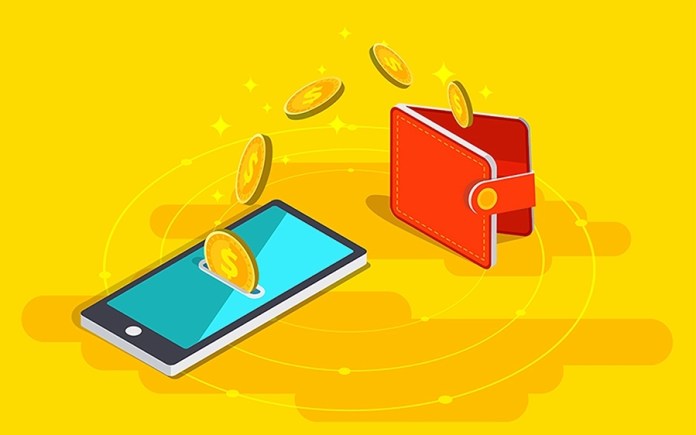A professor of Economics at the Lagos Business School, Prof. Bongo Adi, has said that the proliferation of digital lending companies (or loan apps) in the country is not helping the economy but pushing more Nigerians into poverty.
Prof. Adi, who stated this during a webinar on Nigeria’s 2023 political and business outlook organised by the Lagos Business School Alumni Association on Thursday, explained that most of the loans issued by digital lending companies are for consumption.
He further explained that a research he is currently conducting alongside his other colleagues at the LBS has shown that people collect loans via their apps, spend them, and then start to look for other means to pay back. And in the process, they are pushed further into debt.
More Nigerians pushed to the bottom: While noting that the middle class is fast disappearing in Nigeria as a result of high inflation, which has eroded the purchasing power of many Nigerians, Prof. Adi said his research has also shown that there is nothing more at the bottom of the pyramid, where many Nigerians have been pushed to.
- “The situation that I’ve observed, based on a new research track that I just started with some colleagues here at Lagos Business School, is that there is no more Fortune at the Bottom of the Pyramid like what we used to say before.
- “The bottom of the pyramid has been pushed to its limit as incomes and purchasing power shrink and the majority of households now depend on mere consumption.”
On the activities of lending companies using mobile apps for easy access to fast loan applications and disbursement, the Professor said:
- “Now what we also observe is the proliferation of lending agencies and lending companies that lend to households, individuals, and small businesses. They give out not more than N500,000 or N1 million and those are not the amounts you can use to do any sort of sustainable business in Nigeria today.
- “What people use that money for is simple consumption, which my research shows that is actually pushing them further into poverty. So, they find themselves in a rat race of finding the next income to really pay off debts that they’ve incurred.
- “So, that’s the situation right now. The bottom of the pyramid is filled with people that have low income, and we’re talking about a country that has a 63% poverty level. If you look at multi-dimensional poverty, a lot of people are pushed to that level.”
What you should know: Independent findings by Nairametrics also show the loan apps offer as low as N1,500 and a maximum of N1 million. In most cases, the interest rates on the loans are as high as 90% such that the borrowers end up finding it difficult to repay.
Some of the lenders have also devised several illegitimate means, including harassment and blackmailing to recover their loans from recalcitrant borrowers.
To address the unwholesome practices among digital lending companies, the Federal Competition and Consumer Protection Commission (FCCPC), last year came up with the Limited Interim Regulatory/Registration Framework and Guidelines for Digital Lending in collaboration with the Joint Task Force (JTF) to promote fair, transparent, and beneficial alternative lending opportunities for Nigerians.
















No comments:
Post a Comment